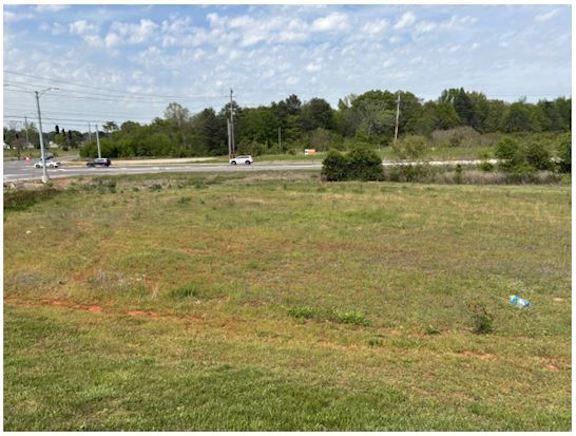REBUILD ALABAMA ACT: Engineer says bill a ‘game-changer’
Published 6:30 am Wednesday, March 20, 2019

- A county road crew works to repair base failures on School House Road in western Limestone County in March.
The Alabama Legislature’s passage of Gov. Kay Ivey’s Rebuild Alabama Act continues to be praised by supporters and criticized by detractors, but one county official is more concerned about the spread of erroneous information.
Limestone County Engineer Marc Massey said there is some confusion about the act, which he referred to as a “game-changer.” Ivey signed the bill into law last Tuesday.
Trending
Put simply, the RAA will raise the state’s gasoline tax by 10 cents per gallon over the next three years. The tax would then be adjusted up or down with the National Highway Construction Cost Index and could increase up to a penny every two years.
Massey said not everyone has to like the bill or the outcome, but he encourages residents to research what the bill says.
A letter to the editor appearing in Saturday’s edition of The News Courier states the RAA requires county engineers to be paid with state funds. Massey explained engineers and assistant engineers had already been paid with state money, but the RAA simply revises and cleans up existing language.
Prior to the passage of the bill, the state was already paying 70 percent of a county engineer’s salary and 50 percent of an assistant engineer’s salary. He explained this occurred when the state Department of Transportation turned maintenance of county roads over to the counties.
The same letter also accuses the Association of County Engineers of having influence over which contractors are chosen for a job, but Massey said that is also not true.
“We’re still bound by the same bid laws as before,” he said. “(County engineers) do have an association, but we’re involved with it to help come up with processes for planning and accountability. It gives us a say-so in the process so what comes out makes sense for county government.”
Trending
Massey said there is some remaining confusion about car registrations and if tag fees will be increased on all vehicles. Only electric and hybrid vehicles would be affected, with electric vehicle owners paying an additional $200 per year and hybrid owners paying an extra $100 per year.
The law will go into effect Sept. 1, though Limestone County likely won’t see any proceeds from the tax hike until December. Money will be disbursed to the counties by the state, but Massey explained separate funds would have to be established for RAA proceeds.
There are some administrative pros and cons to the bill, Massey said, but it will require more planning, more oversight and more transparency. For example, the $533,000 in federal aid money was administered by the state DOT, which ensured laws were being followed with respect to bidding procedures and how projects were advertised. The RAA gives counties the ability to police themselves, but oversight is increased elsewhere.
“County engineers are being tasked with making sure the county meets the (legal) requirements,” Massey said. “Once a year, we have to provide reports on what our future plans are with the funds and what we’ve accomplished since the last report. The state is watching us.”
He said all county residents should benefit from the bill because it will allow work to be completed faster at the local level. He added the new flexibility should ultimately lead to better roads and safer bridges.
He realizes not everyone was behind the gas tax increase, but he said something needed to be done. He explained the bill is not perfect for Limestone, but it is a good bill for the state.
“The roads are probably worse off than many of us can remember in recent history,” he said. “Something drastic needed to be done.”





